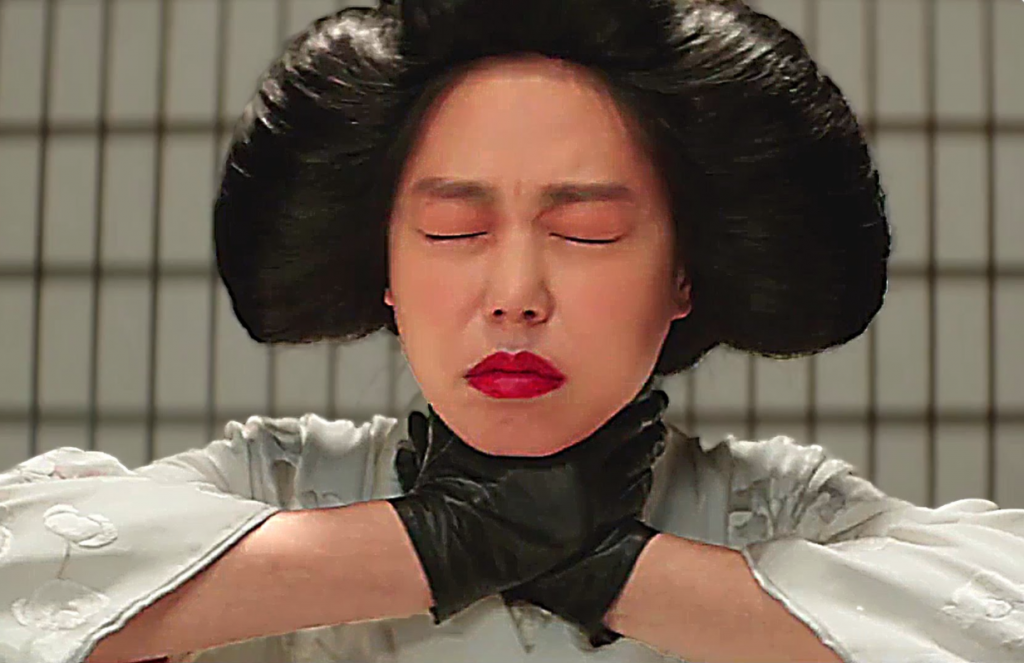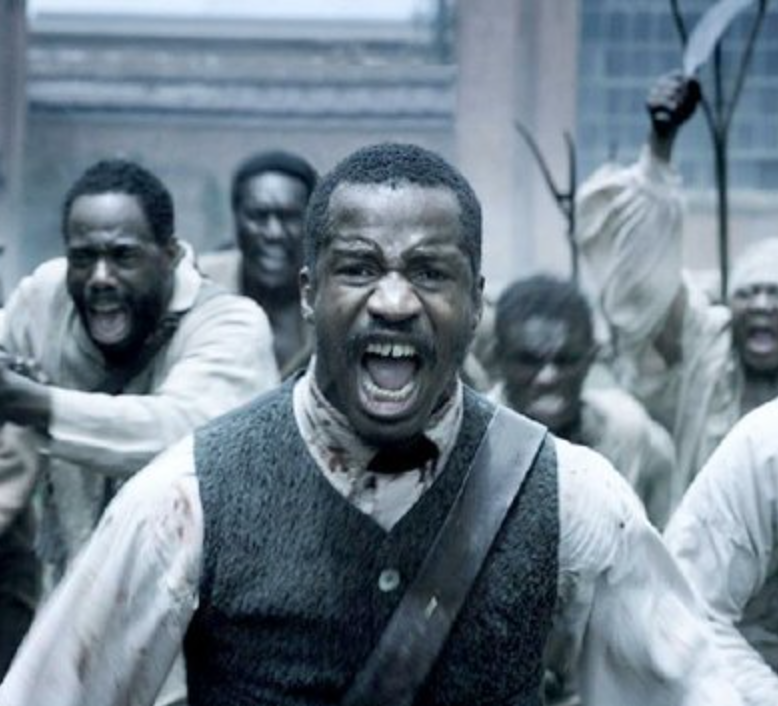 Although I admire all adaptations that do their job well, I confess I have a soft spot in my heart for the truly creative ones – films that capture the essence of a book by transposing it into a seemingly unimaginable context. Its lavish, cruelly sensual flourishes may not be for everyone but “The Handmaiden,” South Korean revenge thriller director Park Chan-wook’s Korean- and Japanese-language take on Welsh novelist Sarah Waters’s Victorian-set romantic thriller Fingersmith, may be the best adaptation of this year. It is certainly the most innovative.
Although I admire all adaptations that do their job well, I confess I have a soft spot in my heart for the truly creative ones – films that capture the essence of a book by transposing it into a seemingly unimaginable context. Its lavish, cruelly sensual flourishes may not be for everyone but “The Handmaiden,” South Korean revenge thriller director Park Chan-wook’s Korean- and Japanese-language take on Welsh novelist Sarah Waters’s Victorian-set romantic thriller Fingersmith, may be the best adaptation of this year. It is certainly the most innovative.
Set in 1930s Korea at the height of Japanese colonialism, the screenplay (crafted by Park and Chung Seo-Kyung) follows Waters’s triptych narrative structure as well as her basic premise. The first section is narrated by Nam Sook-hee (Kim Tae-ri), an orphan girl raised as a pickpocket by a human trafficker. A Korean gold-digger (Ha Jung-woo) posing as the Japanese Count Fujiwara (we never learn his real name) enlists her in his seduction of Hideko (Kim Min-hee), a Japanese heiress living with her guardian, Korean Uncle Kouzuki (Jo Jin-woong). The plan is for Sook-hee to gain Hideko’s confidence by working as her personal maid, and then commit her to a mental asylum once Fujiwara marries her so they can pocket her inheritance. What gums up the plan: the handmaiden falls head over heels for her mistress, with whom she shares a thrilling sexual chemistry. Continue Reading →


